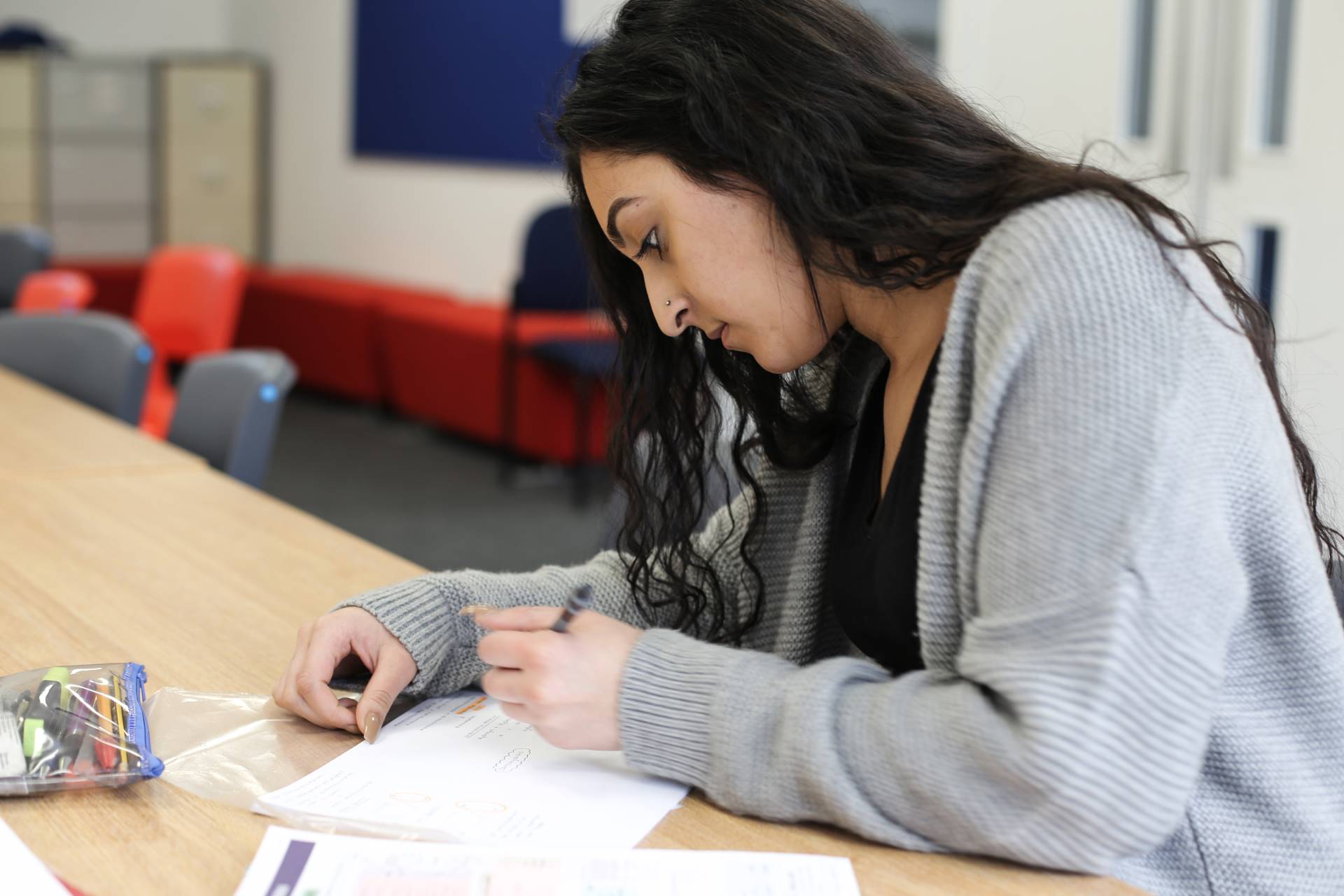A-Level English Literature
 |
 |
Awarding Body |
Course Code |
Head of Department |
|
|
OCR |
H472 | Charlotte Lewis | lewis-c@beaconsfieldhigh.bucks.sch.uk |
The course develops GCSE Literature work and will appeal to all good readers and those who enjoy expressing their opinions and justifying their comments on texts. Students need to be able to analyse what they have read and to communicate their ideas clearly and effectively in writing.
English Literature is a popular qualification for a wide range of courses in higher education or for future careers, including those in the cultural sector, both public and private.
What level of prior knowledge, attainment and skills are required?
What are the entry requirements?
Level 6 for GCSE English Language and GCSE English Literature.
Who would it suit?
Students interested in developing analytical skills. Students interested in reading not only their set texts but reading around their subject. Students interested in cultural and artistic development over time.
What subjects might it combine with/lead to?
History, Psychology, Biology, RS, French, Spanish, Latin or Art are good examples.
What does the course cover and how is it structured?
Component 1
Hamlet – Shakespeare, The Duchess of Malfi – Webster, The Merchant’s Tale – Chaucer.
Component 2
The Gothic - Angela Carter: The Bloody Chamber, Frankenstein, Mary Shelley or Dracula Bram Stoker
Component 3
Sample texts include: The Glass Menagerie, Tennessee Williams, Atonement, Ian McEwan, Arcadia, Tom Stoppard, and Ariel, Sylvia Plath.
How is the course assessed?
What examination modules/papers are there?
Shakespeare. Analysis of passage from Hamlet
Comparative essay Webster/Chaucer.
Drama and poetry pre-1900
Exam. 2hr 30 mins. 40%
Close reading in chosen topic area – unseen Gothic textual analysis and comparative essay Carter/Shelley.
Closed text. 2hr 30 mins 40%
Coursework: 1 comparative essay, one poetry analysis or creative writing and commentary. 20%
How can families help?
What family trips might be useful?
- Parents can encourage students to keep up with wider reading and essay writing demands of the subject through emphasising the importance of consistent effort throughout the year.
- Some parents may wish to read set texts to help provide more opportunities for students to articulate their responses.
- Trips to the theatre or readings of poetry and prose will broaden a student’s knowledge and enthusiasm
What activities might parents encourage?
Theatre visits, wider reading activities, museums, art galleries, film and television productions of set texts.

 Beaconsfield High School
Beaconsfield High School